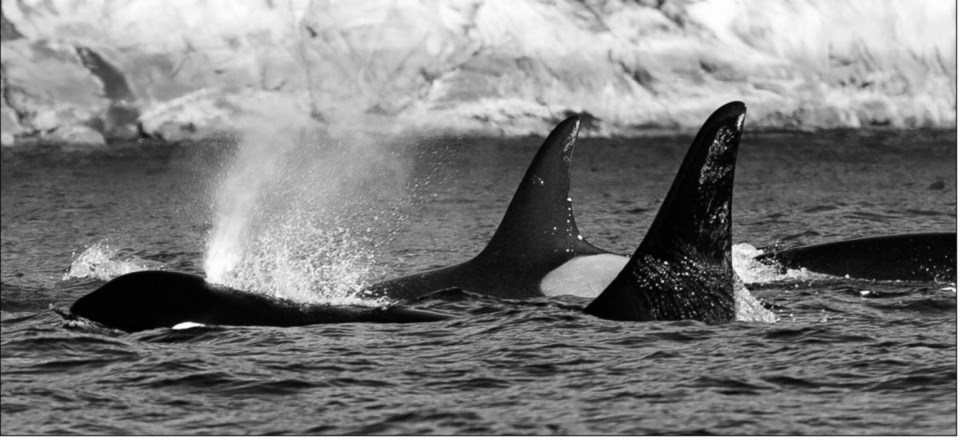Complaints by two farmers in California's Central Valley have sparked a U.S review of whether southern resident killer whales should be removed from the endangered list.
The quirky link between California cotton and melon farmers and the 85 killer whales, which spend much of the year around the Strait of Georgia, Juan de Fuca Strait and Puget Sound, is water in the Sacramento-San Joaquin river deltas.
The water is needed for salmon, the preferred diet of killer whales, so farmers' access to river water for irrigation has been limited.
That has aroused the ire of some farmers. The Pacific Legal Foundation has filed a petition, on behalf of the Center for Environmental Science Accuracy and Reliability and the agricultural companies Empresas Del Bosque and Coburn Ranch, asking the National Oceanic and Atmospheric Administration to delist the whales.
On Monday, the association agreed to examine removing protections for the whales. "The petition presents new information from scientific journal articles about killer whale genetics, addressing issues such as how closely related this small population is to other populations, and meets the agency's standard for accepting a petition to review," says a NOAA release.
During the nine-month review, the association will seek public input before deciding whether to propose removal of the southern residents from the Endangered Species Act list. "Acceptance of this petition does not suggest that a proposal to delist will follow," says the news release.
If there is a formal delisting proposal, it would be followed by public hearings before a final decision is made.
Pacific Legal Foundation, a conservative U.S. law firm, argued that classification of the fish-eating southern resident killer whales as a separate population from the marine-mammal-eating transients was based on junk science.
"Don't forget that the whale's listing is based on the government's seat-of-the-pants determination in 2005 that there suddenly existed an unnamed and theretofore unknown subspecies of killer whale in the North Pacific," says the PLF Liberty Blog. "Our delisting petition is not anti-whale, but it certainly is pro-farmer and pro-freedom."
In Canada, southern resident killer whales were listed as endangered by the Committee on the Status of Endangered Wildlife in 2001 and were brought under the Species at Risk Act in 2003.
The petition exasperates Howard Garrett of Orca Network, a Washington state-based non-profit advocacy group for Pacific Northwest whales, but he believes the National Oceanic and Atmospheric Administration is simply doing due diligence.
"I think NOAA is duty-bound to review it, but I don't think they are going to do anything about it," he said.
"[The Pacific Legal Foundation] is dressing it up as science ... but it's way out of the consensus of geneticists."
The group is anti-government, anti-environment and anti-regulation, he added.
"They just don't like our planet much at all."
Garrett said he can understand how some people who have not studied whales can be confused by resident and transient orcas sharing the same habitat, but never interbreeding.
However, almost all scientific reviews classify them as distinct populations.
Delisting advocates believe the genetic analysis is inadequate because it's based on markers from females, not males.
If the killer whales were delisted in the U.S., and the recovery plan scrapped, it would not affect the Canadian designation, but the orcas constantly swim between Canadian and U.S. waters.
jlavoie@timescolonist.com



